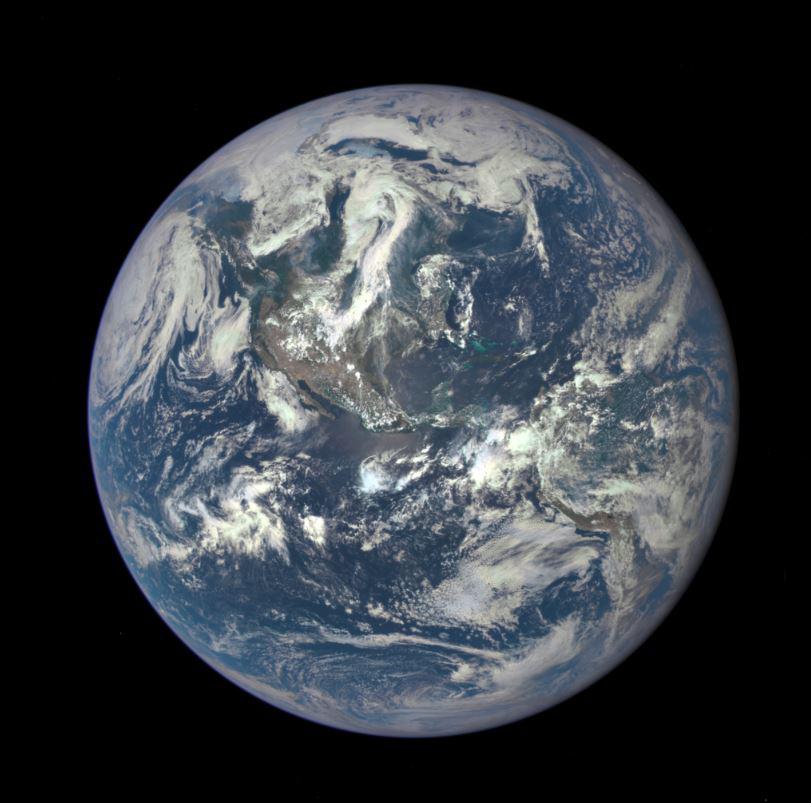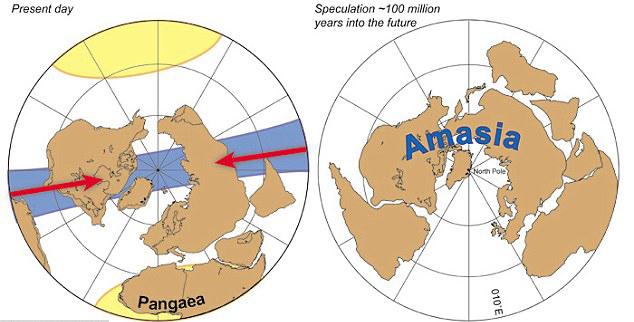Here’s what Earth will look like in 250 million years with a new MEGACONTINENT called Amasia
Oceans will disappear and a new continent called Amasia will form across Earth in 250 million years

SCIENTISTS have predicted what Earth will look like in 250 million years.
Oceans will disappear and a mega continent called Amasia will form, merging the United States and South America.
The research is based on a theory called Orthoversion.
It's believed that when a supercontinent breaks up, the smaller parts initially drift apart but will eventually be sucked back together in a band of subduction - where one plate dips below another.
The first super continent formed about 300 million years ago with Africa at its centre.
How will Amasia form?
Ross Mitchell, a geologist at Yale University explains how the megacontinent will form
"First you would fuse the Americas together, then those would mutually migrate northward leading to collision with Europe and Asia more or less at the present day North Pole," Mitchell wrote in scientific journal, Nature.
"Australia would continue with northward motion and snuggle up next to India."
Pangea - which is Greek for "all lands" - began breaking into the seven continents we recognise on the planet today with the birth of the Atlantic Ocean.
Scientists predicted this reversal using powerful computers and geologic clues from rocks around the world.
Ross Mitchell of Curtin University in Perth, Australia, who in 2012 helped told : "Speculation about the future supercontinent Amasia is exactly that, speculation.
"But there’s hard science behind the conjecture."
He claims the new landmass cover the area now known as the Ring of Fire - which is known for deadly volcanic eruptions and earthquakes.
, but it thanks to recent technological advances that we can confirm its likelihood.
Scientists have now found that Arctic Ocean and Caribbean Sea will vanish as the Americas join together as they move northwards.
"After those water bodies close, we’re on our way to the next super continent," said Dr Ross Mitchell, who published a paper on Amasia in scientific journal back in 2012.
"You’d have the Americas meeting Eurasia practically at the North Pole."
We pay for your stories! Do you have a story for The Sun Online news team? Email us at tips@the-sun.co.uk or call 0207 782 4368









